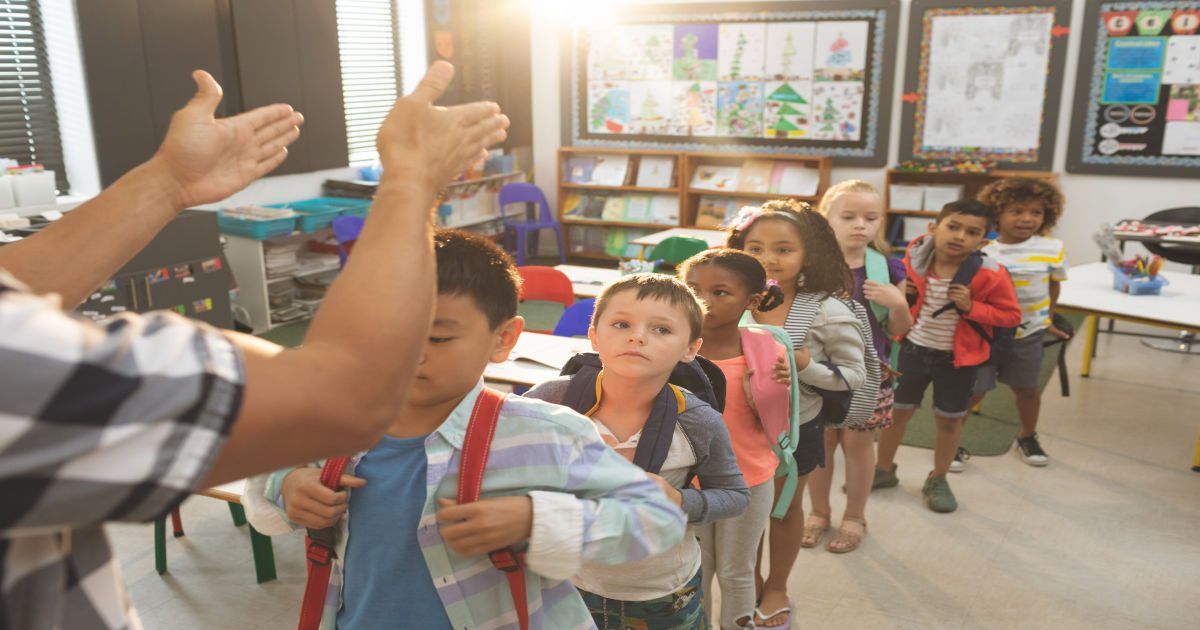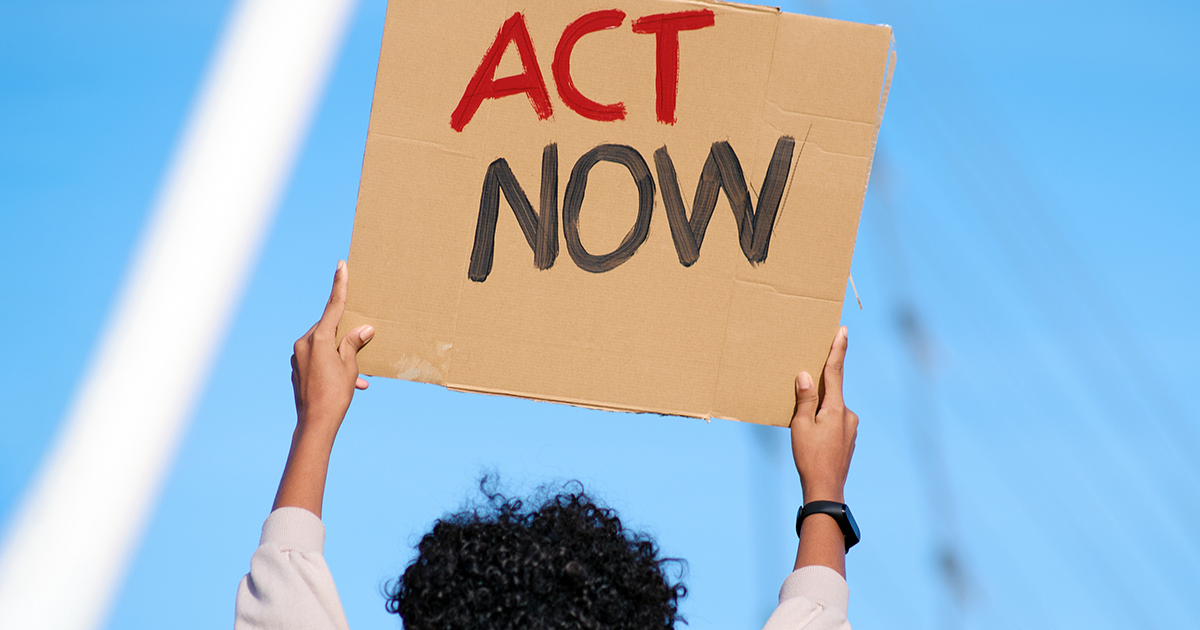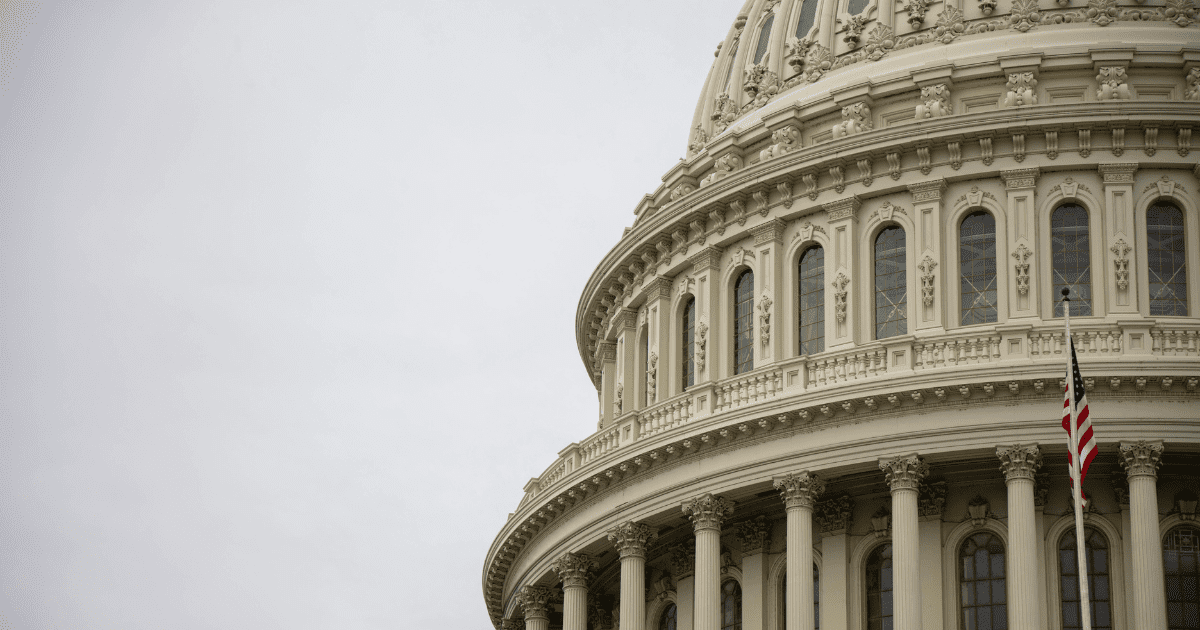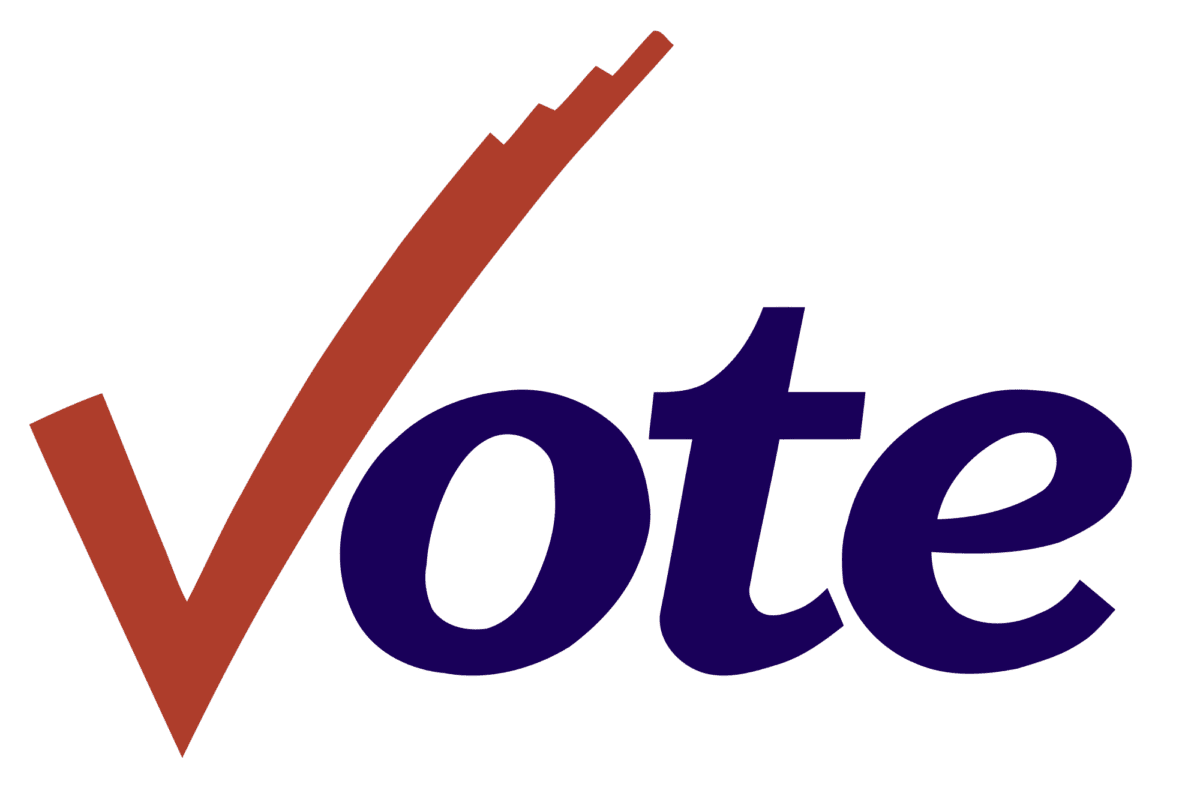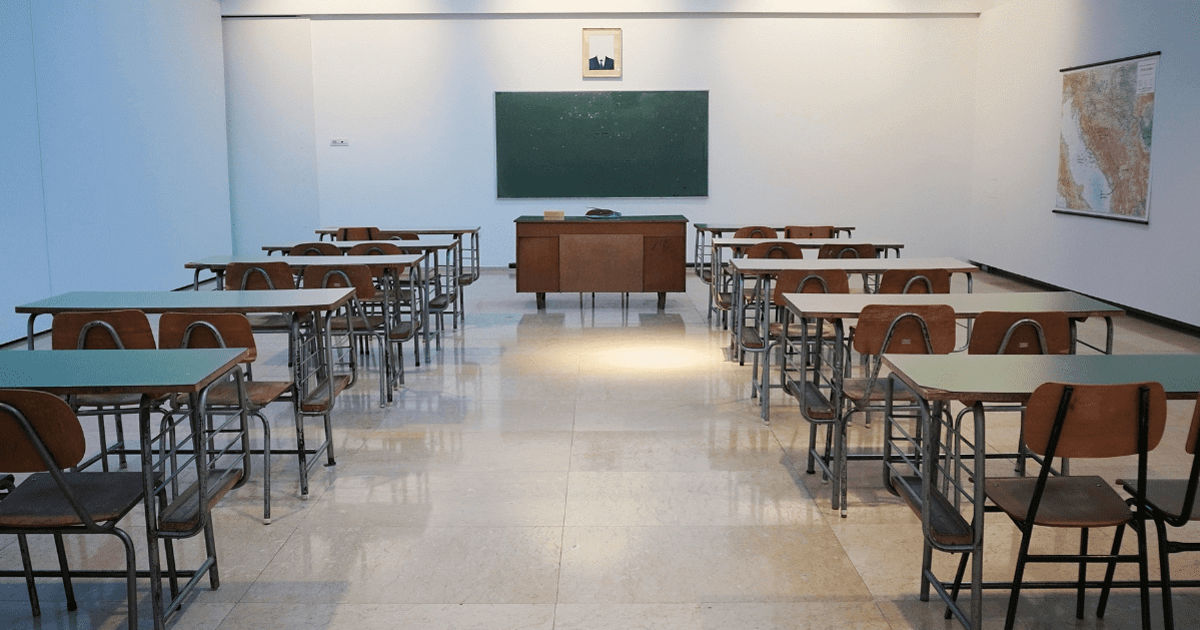By Robert Bortins and Lauren Gideon
Originally published in The Christian Post.
In a recent attempt to give an unbiased overview of the current temperature in the “school choice” movement, Elizabeth Russell and Sharon Dierberger outline the main themes and key players in an article called “Unlikely Allies.” This piece is worth reading as we consider how this new trend is taking shape. Given enough time, ideas will expose themselves for what they truly are.
In this context, the idea is tax-funded education expansion. The idea goes by many names and takes on many shapes. So now that these ladies have given this idea a thorough shake-down, it’s time to consider what observations float to the top. Here are those three inconvenient truths for “school choice” advocates.
One: Exposed Inconsistencies
One major problem with the modern school choice agenda is that it is inconsistent with nearly every other pillar of the conservative paradigm. In the second half of the “Unlikely Allies” article, Robert Bortins, CEO of Classical Conversations, draws this point out. The irony of the situation is that conservatives are against almost everything else that goes by the name of “Universal.” And it’s not because these things aren’t important. We all need some form of health care, income, housing, and nutrition, but historically, conservatives have always held the principle that re-distributing society’s wealth to subsidize these commodities hurts all parties: the provider, the recipient, and the commodity itself. Even if we all know everyone needs to eat, conservatives have had a consensus that theft is morally wrong, creating dependency harms the recipient, and subsidization of a commodity drives costs up and quality down—literally, no one wins! But often, we are blinded by our good intentions when the object in question is vital to human flourishing, like food, health care, and education.
One major problem with the modern school choice agenda is that it is inconsistent with nearly every other pillar of the conservative paradigm.
It’s easy to understand why compassion can blind policymakers. It’s the classic tale of “the ends don’t justify the means.” But why has the political right flip-flopped on its position on education? Even more ironic is the reality that most conservatives adamantly opposed student-loan payoff for all the expected reasons but fiercely champion the expansion of taxpayer-funded K-12 education via “school choice.” It’s enough to make you double-blink and cock your head, but who has the courage to call out this egregious inconsistency when the “school choice” topic has been the banner under which the leaders of the conservative right have chosen to march.
Two: Transferred Ownership
The home education movement has been living a cultural experiment for the last 40-plus years. When Jim Mason, President of the Home School Legal Defense Association (HSLDA), refers to the “habits of liberty” that grew from this counter-cultural movement, the first habit required was the reclaiming of ownership and responsibility. At that time, this was such a powerful virtue that it compelled families to make choices that put them at odds with public policy and cultural norms. Home educators realized that what you fund, you own, and they couldn’t tolerate willfully handing over ownership of their children’s education to the state. For 40 years, independent private home educators have coped with the idea that they will contribute towards government education while privately funding 100% of their children’s education—and they’ve succeeded! This reclaiming of ownership has fostered other such habits of liberty that make the home education ecosphere a petri dish for other radical ideas like entrepreneurship and self-sufficiency. It’s no wonder that globalists like UNESCO want to buy back these independent “threats” to their agenda with public dollars.
Home educators realized that what you fund, you own,
…What the state funds, the state owns.
While a good number of home educators “get” this, we are well aware that we have a unique perspective, and the paradigm dichotomy is stark. Consider how well-intended Democratic state Rep. Ajay Pittman refers to the children in her district as “her babies.” Again, this might sound endearing to those who haven’t made the “ownership leap,” but those within our ranks notice this claim on the children and the paradigm it represents. When we allow the state to fund an initiative, we are asking them to own the initiative; in this case, it is the education of our children. Disagree? Over the last few years, we have watched parents petition school libraries to remove inappropriate books. Does that sound like ownership or dependency? Homeschool parents are never forced to beg their government for education changes. Ownership matters. What the state funds, the state owns. This should serve as a caution to all private education entities lined up for their tax-funded checks.
Three: Swapped Principles
If we were to climb a mountain and look down across the landscape, we could watch the metaphorical migration described in this “Unlikely Allies” article. The authors list several democrats who are warming up to the idea of school choice and joining the movement despite scrutiny from their political allies. They also appropriately identify that the holdouts on the right are “reliably conservative voters” and “most conservative factions of their own party.” So, as we sit from our vantage point, the patterns we could observe at this stage of the conversation is that new members to the “school choice camp” are coming from the left, while those leaving or putting up a fight are the most conservative among the political right. Is there anything that we could conclude from this observation? Is this movement actually conservative in nature?
Let’s take an inventory: school choice grows the size and influence of government, it costs the taxpayer more money, and in some instances, it is funding schools that are even more radically immoral than the existing government schools. Consequently, the school choice movement rejects conservative principles on several fronts. Two case studies identified in “Unlikely Allies” demonstrate this reality. Governor Tony Evers championed the cause in Wisconsin and convinced his “liberal-leaning Supreme Court to reject a challenge to the voucher program.” Conversely, Republican Governor Greg Abbott used “money from the governor’s own war chest” to wage “political war” on 21 of the most conservative representatives in his own party who dared to disagree with this progressive policy. Let the facts speak for themselves; the political parties have switched principles on this issue, and it’s time to call it out for what it is.
Conclusion
This whole conflict is best summarized in an unlikely quote. Mr. Shannon Whitworth, a school choice advocate, is quoted saying, “There’s a significant power block invested in keeping our (young black) people addicted, uneducated, poor, and without hope, because those factors create dependency.” And “it’s that dependency upon which the left’s power is derived.” Dear Mr. Whitworth, I couldn’t have said it better myself.
The unavoidable antidote to this dependency is the sober pursuit of independence, ownership, and autonomy—all virtues inconsistent with this new tax-funded education expansion model.
Unfortunately, we now see both political sides capitalize on this dependency-fueled power grab. The unavoidable antidote to this dependency is the sober pursuit of independence, ownership, and autonomy—all virtues inconsistent with this new tax-funded education expansion model.
Please read other articles on “school choice” here.

Robert Bortins is the CEO of Classical Conversations® and the host of Refining Rhetoric. The company has grown from supporting homeschoolers in about 40 states to supporting homeschoolers in over 50 countries and has become the world’s largest classical homeschooling organization under his guidance.

Lauren Gideon is the Director of Government Relations for Classical Conversations.® She has been a home educator since her first student was born 19 years ago. She came to Classical Conversations for support when the student count in their home grew beyond what she thought she could navigate on her own. In addition to homeschooling her seven children, she co-leads community classes that unpack our nation’s founding documents and civic responsibility. However, she is happiest at home, preferably outside, with her husband of 18 years, tackling their newest adventure of building a modern homestead.
